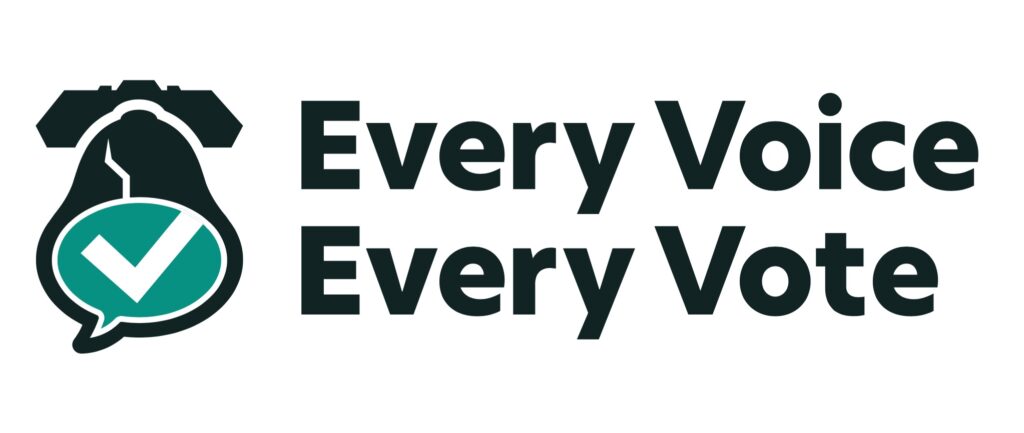Mayor Cherelle Parker’s return-to-office mandate officially went into effect on July 15, forcing city workers back to working in-person five days per week. The policy only affects municipal and government employees at this time — but Parker noted she would like this policy to set a standard for private companies to consider as they develop their own approach.
During a recent press conference, Mayor Parker noted a few reasons for her stance — including a desire to create a “more visible and accessible government.” She highlighted an interest in making good on campaign promises — which she believes is more possible if people work together in a physical location — and in boosting Philadelphia’s economy.
But many of Philadelphia’s city workers aren’t happy about the change — citing a variety of problems, including logistical issues, childcare problems, commuting stressors, hostility, limited space, accessibility concerns and other challenges. For now, they must report in-person anyway — a stressor many LGBTQ+ people and other marginalized Philadelphians fear is coming for them next.
“We want to create jobs for more people — and that’s what working from home does,” said Alice, who is queer, neurodivergent and physically disabled. “Forcing people into an office puts even more roadblocks up.”
According to data collected by the Williams Institute in 2021, 46% of LGBT people have experienced unfair treatment in the workplace. The Human Rights Campaign asserts that more than a third of LGB adults and more than half of trans adults are disabled. The advocacy group explains that those whose lives exist at this intersection face an increased risk for discrimination.
Alice, who preferred to use only her first name to preserve anonymity, currently works for a small Philadelphia-based company that hired her in 2021 — when the entire organization was working remotely. Some of her team members have moved to a physical location — a flexible-use space that includes a mostly open floor plan.
She said she loves working collaboratively but wouldn’t be effective in that setting unless she were given accommodations that her employer likely couldn’t offer — such as her own office, a customized desk with accessible seating, and flexible work hours with long breaks for rest throughout the day. This is what she has at home.
Alice also appreciates that working from home allows her to limit interactions with people during cold and flu season — as she’s especially susceptible to complications if she were to get sick with COVID or another virus.
A report from the National Library of Medicine referred to COVID as the “greatest mass-disabling event in human history,” creating millions more disabled people than before the pandemic. This means that people who worked in-person comfortably in the past might now rely on remote work for accessibility.
“It causes even more stress and might even be the cause of instability — rather than the stability you think a job will provide — to constantly have to figure out how to survive in a space that isn’t designed for you,” Alice said, noting that she hasn’t always felt safe enough to speak up about her needs in previous office jobs.
Advocating for accessibility can be challenging when able-bodied people don’t understand or respect specific needs and requests. That hardship compounds further when LGBTQ+ people are burdened with the task of educating cis-het employers and colleagues about respecting queerness in the workplace.
Alice said her current employer “embraces queer identity” — but she has LGBTQ+ friends who don’t feel as comfortable being out at work. She specifically noted that some of her trans and nonbinary friends wouldn’t be able to show up to their current workplaces as their authentic selves. Some have faced issues with bathroom access, gendered or restrictive dress codes, microaggressions and other hardships during in-person gatherings.
Additionally, LGBTQ+ people are more likely to lack access to basic resources which means they could experience adjacent hardships that impact their ability to plan for and cope with return-to-office mandates. Alice believes these policies disregard what she called “invisible challenges” and force people to problem-solve for issues that wouldn’t exist if they worked mostly from home — for instance, a sudden requirement to find and afford reliable transportation or childcare.
New hires who onboarded to companies during the height of remote work are now facing significant obstacles as policies shift back toward hybrid and return-to-office practices — including layoffs if they can’t comply with changing company policies. One study showed that one third of managers participating in a return-to-office plan have laid off employees throughout the return-to-office process.
For those who survive workforce cuts, these mandates still negatively impact their overall experiences at work. According to a report by Future Forum (a research project launched by Slack), work-related stress and anxiety is higher than it was in 2020 and is worse for employees who have faced return-to-office mandates.
And that could have negative outcomes for goals related to Diversity, Equity, and Inclusion (DEI).
The work-from-home trend has had a positive impact on DEI initiatives — increasing diversity in new hires and improving their retention rates. Data collected by McKinsey and Company — a national consulting group — notes that women, nonbinary people, disabled people, and LGBQ individuals (there was no specific data on trans people) were more likely to leave their jobs if hybrid work options were eliminated.
Alice, who found it difficult to keep a steady job in the past, has been able to work in her current role for three years now. This, she said, would not be possible if she were required to work five days per week in an office.
Rather than mandate all employees adhere to a rule that may not be personally accessible or affirming, inclusive workplaces tend to offer flexibility — with employers who value workers as individuals and consider their individual needs. Reverting to stricter policies that de-prioritize those needs and experiences means only the most privileged LGBTQ+ people will remain unfazed.

